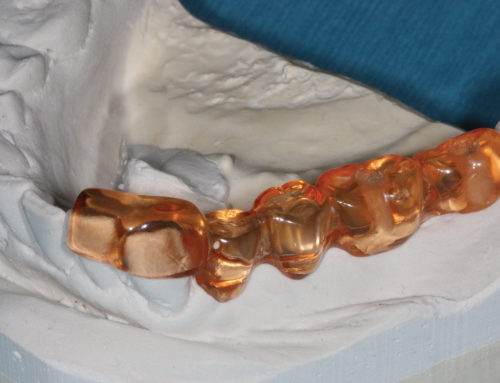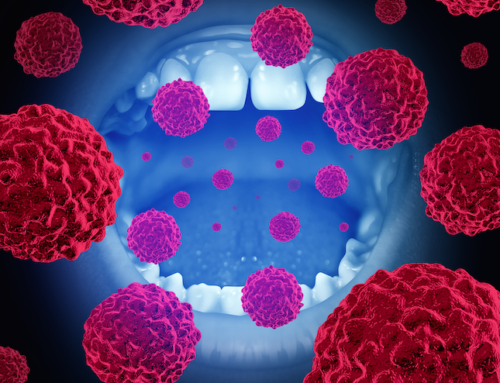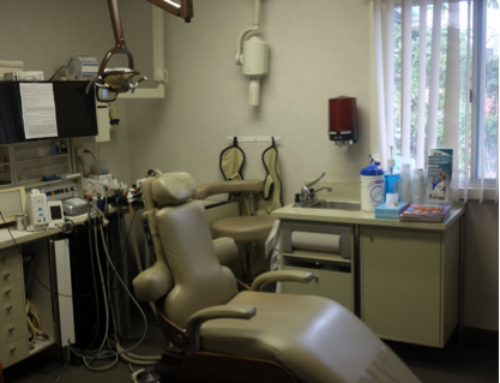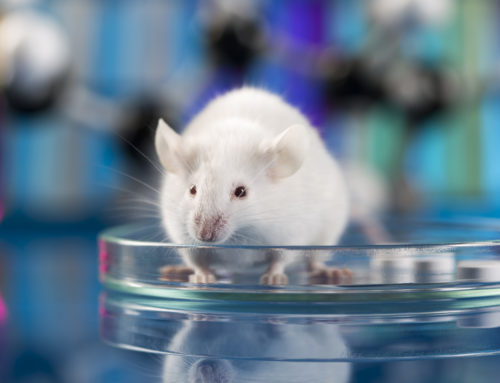
Considering the stain red wine leaves on our teeth, it’s hard to believe this beverage could have any positive implications on oral health. However, research in the ACS’ Journal of Agricultural and Food Chemistry suggests that the compounds found in red wine, known as polyphenols, may actually fend off bad bacteria in the mouth.
Many of the health benefits of red wine come from its content of polyphenols, a series of micronutrients that function to protect against harmful free radicals. While polyphenol has been found to fend off bad bacteria in the gut, the new study suggests that the polyphenols found in red wine and grapes can also have the same protective effect in the mouth, providing positive effects against oral bacteria that cling to teeth and gums.
The study compares the two types of polyphenol found in red wine (caffeic acid and p-coumaric acid), as well as that of red wine and grape seed extracts (Provinols and Vitaflavan) on three strains of harmful oral bacteria that cause gum disease and tooth decay: Porphyromonas gingivalis, Fusobacterium nucleatum and Streptococcus mutans. The polyphenols from the red wine were found to be the most effective in preventing harmful oral bacteria from attaching to healthy tissue. When combined with the oral probiotic Streptococcus dentisani, the polyphenols proved even more effective in resisting pathogenic bacteria.
Combining an oral probiotic with the two phenolic acids provides an excellent starting point for future research exploring the positive effects of red wine on oral health. Companies specializing in oral health products might also want to consider formulas that utilize both red wine extracts and oral probiotics. Red wine mouthwash, chewing gum and toothpaste are just some of the many possible ways these compounds may protect our mouths and gums in the future.





